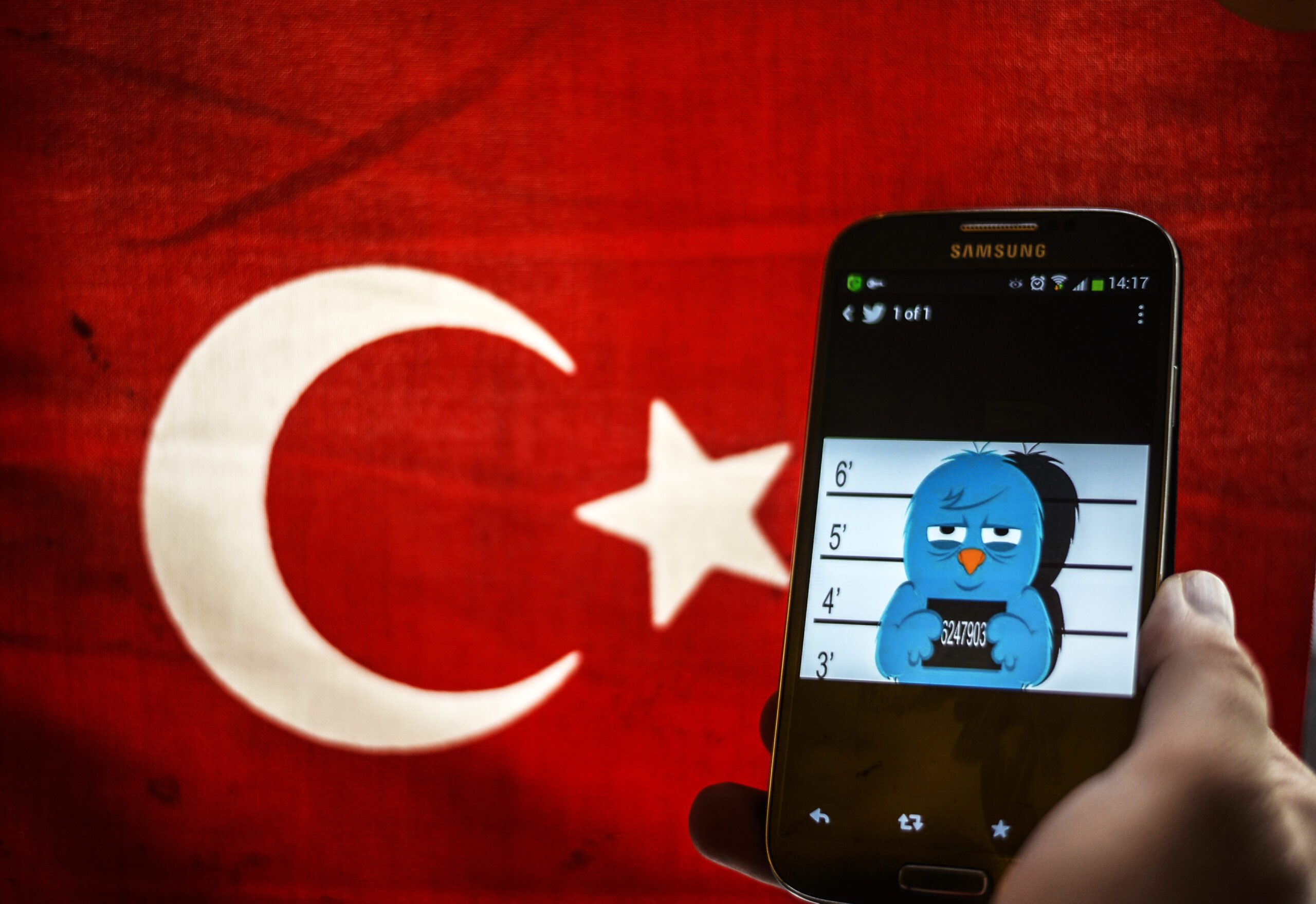Turkey was second only to India in the number of removal requests it made from Twitter for content posted by verified journalists and news outlets in the second half of 2020, according to the company’s Transparency Report for the last six months of the year.
During this period 199 accounts of verified journalists and news outlets from around the world were subject to 361 legal demands, a 26 percent increase in the number of accounts since the previous reporting period. These included removal requests from India (128), Turkey (108), Pakistan (52) and Russia (28). In total, five tweets from verified journalists and news outlets were withheld.
Twitter said it filed legal objections for court orders from Turkey that involved verified journalists or news outlets, arguing that those decisions were contrary to protections of freedom of the press provided by Turkish law. None of those objections were successful during this reporting period, the company said.
According to rights watchdogs, critical expression is routinely censored in Turkey, and far-reaching executive influence over the courts means that the judiciary rarely protects free speech. Authorities in the country make an enormous number of take-down and content removal requests in violation of freedom of expression and information.
According to the social media giant, 94 percent of the total global volume of legal demands originated from only five countries: Japan, India, Russia, Turkey and South Korea.
The Turkish government increased its pressure on social media platforms after the Gezi protests of May 2013, which began over government plans to build over Gezi Park, one of the few green spaces left in İstanbul. Twitter emerged as alternative media and a networking tool among protestors, while the mainstream media hesitated to broadcast the popular protests at the time.
Since then, Turkish President Recep Tayyip Erdoğan has listed social media as one of the main threats to national security, and the Turkish government has expanded its Internet restrictions to curb the availability of critical news and opinion, and penalized users who committed so-called anti-state crimes in the online public sphere.
According to research carried out by the Freedom of Expression Association’s (İFÖD) EngelliWeb initiative, by the end of 2019 Turkey had blocked access to 408,494 websites, 130,000 URLs, 10,000 YouTube videos and 6,200 pieces of Facebook content.



